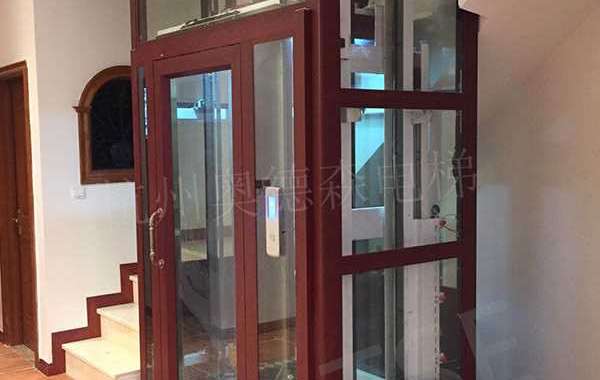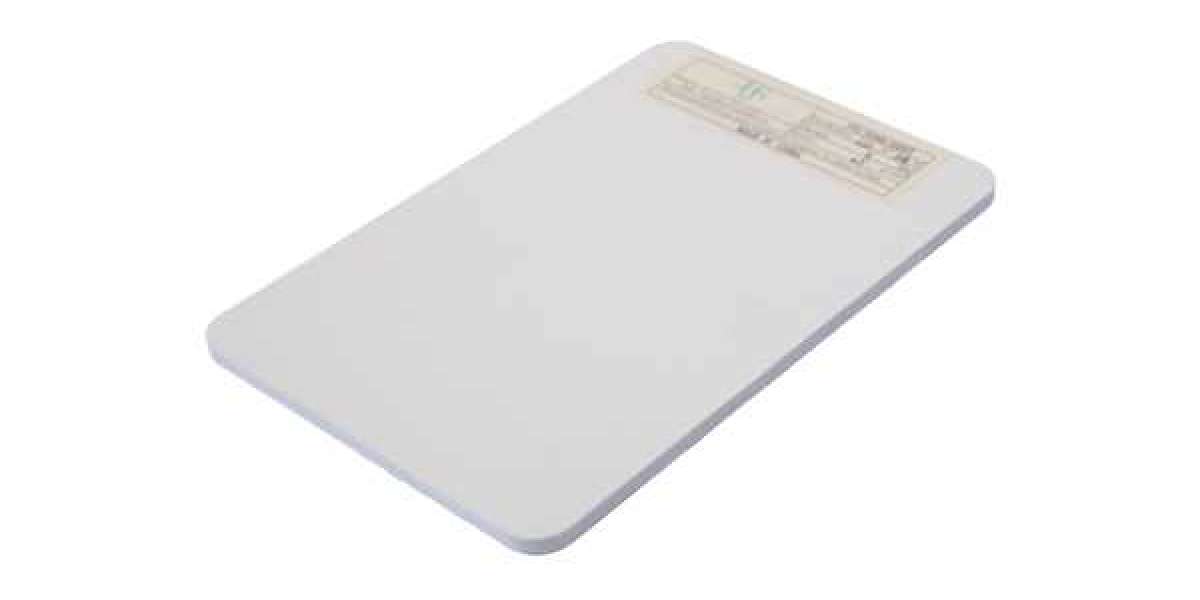As we all get older, mobility can become an issue. If you choose to stay in your home and there are stairs, going up and down on a daily basis can become a challenge. However, that is not always the case.
Some people install Small Elevators For Homes to make their homes more accessible. While space may be an obstacle, it can make getting around the house much easier for those who do have the space for an elevator. Besides helping people get up and down multiple levels of their homes, elevators can also make it easier to carry large loads.
Types of Small Elevators For Homes
Not all home elevators are equal. There are different types available to suit your needs and the size of your home as well as your budget.
Roped Hydraulic Residential Elevators
These can be great small elevators for homes because they don’t always need an adjoining machine closet. In most cases, you can put the supporting machinery wherever is most convenient for you. This type of elevator is based around a hydraulic pump that is connected to a piston and pulley. This configuration makes for a smoother ride when compared to other systems.
Pneumatic Vacuum Elevators (PVE)
This type of home elevator is one of the newer models out there because it doesn’t require cables, chains, pistons, or counterweights. It uses the hoist way itself as part of the lifting system. The PVE is tube-shaped and uses parts that fit together perfectly. This helps to maintain atmospheric pressure both above and below the cab and to preserve space.
Winding Drum and Counterweight Chain Drive Home Elevator System
This elevator is based on a revolving winch and counterweight. Many homeowners opt for this elevator because the drum and motor can be placed at the top or bottom of the hoist, thus eliminating the need for a machine closet. These types of elevators often cost less as well, making them more appealing. But, you can expect a rougher and noisier ride.
Traction Drive Elevator Systems
While this type of system is available, it is rarely used in homes.
Cost of Installing a Home Elevator
The cost of installing a home elevator will depend on the type of elevator you choose and how complex the installation is. Typically, hydraulic elevators can cost anywhere from $20,000 to $30,000 for the elevator itself. With installation, the cost rises to $40,000 or more. Pneumatic elevators are often easier to install and can cost around $35,000 to $50,000 total.
Things to Consider Before Installing a Home Elevator
While a home elevator may solve many of your mobility problems. There are several things to consider before deciding to install one in your home.
Space
Space should be your first consideration. You need to not only think about the space needed for the elevator, but also the space needed for machinery. As you look into installing a home elevator, you’ll begin to have a better idea if you have the right amount of space.
While some elevators may vary in size, a home elevator is essentially the same size as a walk-in closet. The cab is no more than 12-15 square feet, with six inches between it and the wall of the shaft. If the elevator requires a machine room, it is usually located in the basement or first floor and is the size of a small closet as well.
Budget
It’s no secret that home elevators can be expensive. Considering that, you need to consider if you can afford it. While Medicare may contribute to a portion of a chair lift, it will not cover the installation or purchase of a small elevator for homes
Time in Home
Is this the home you intend to stay in for the rest of your life? If it is, then a home elevator can be a great investment that can also add value to your home. If you intend to move into an assisted living facility or are considering another type of living arrangement, then you may want to re-think the idea of a small elevator for homes.
Construction Time Noise
Installing a home elevator will take time and will create plenty of noise in your home. If you don’t mind and can perhaps stay with a loved one in the process, then a home elevator may be suitable for you.
There are several different home elevator companies for you to choose from. As you explore the idea, be sure to not only study up on the types of elevators, but also the companies selling and installing them. You can read online reviews and also see if they are accredited by the Better Business Bureau. If you know someone who has a home elevator already installed in their home, referrals can also be a good way to go. Always be sure whichever company you choose is fully insured and stands by their work and product.



